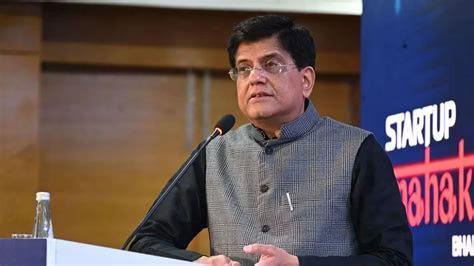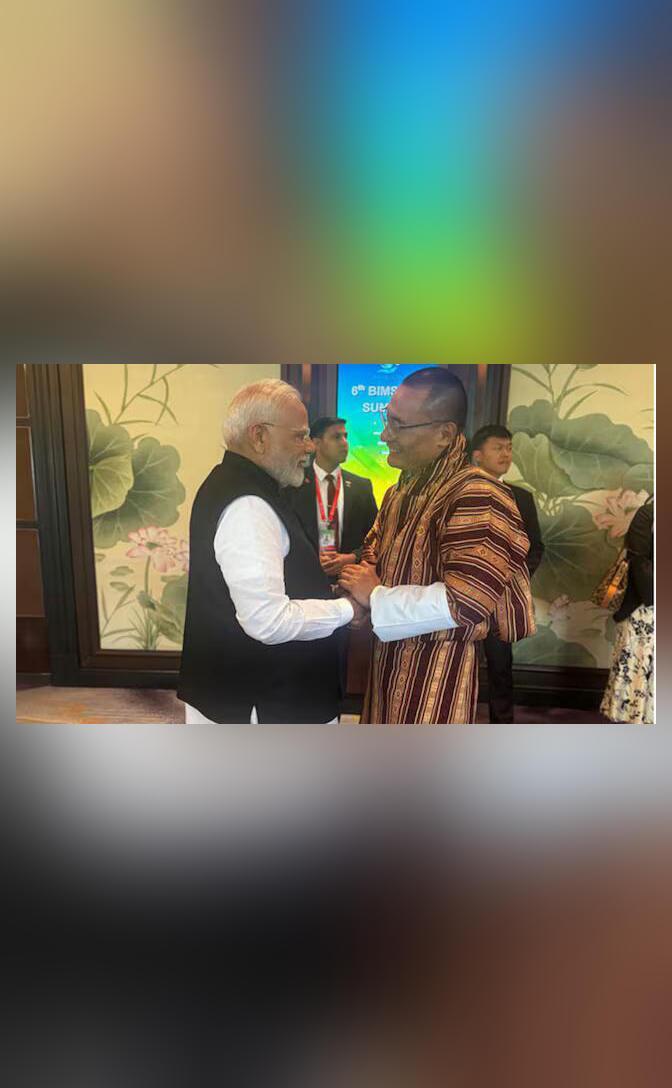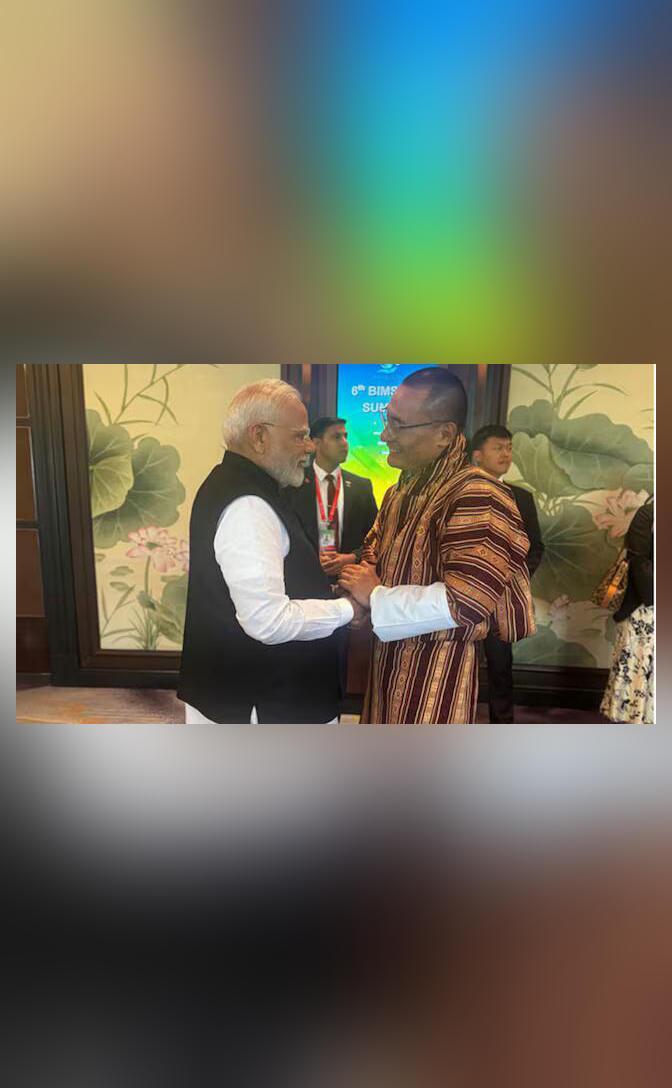
Indian Brands Go Global: Competing on Design & Quality
In recent years, the global business landscape has witnessed a significant shift in the way Indian brands operate. Once focused on attracting foreign brands to set up shop in India, the country is now exporting its own, backed by strong manufacturing and strategic marketing. As perceptions shift, Indian businesses are building brand equity abroad, establishing themselves as serious global contenders in industries ranging from consumer goods to technology.
According to Dheeraj Sinha, CEO of FCB India, Indian brands are winning globally by competing on design, quality, and competitiveness. “Indian brands are no longer just about being cheap and affordable. They are now about being desirable, aspirational, and premium,” he said in a recent interview. “The world is looking for quality, and India is delivering that.”
One of the key factors contributing to India’s success is its strong manufacturing sector. With a significant pool of skilled labor and a favorable business environment, Indian companies are able to produce high-quality products at competitive prices. This has enabled them to establish a strong presence in global markets, particularly in the consumer goods and pharmaceuticals sectors.
Take the example of Hindustan Unilever Limited (HUL), India’s largest consumer goods company. HUL has a global presence in over 100 countries, with a portfolio of brands that includes Lifebuoy soap, Axe deodorant, and Brooke Bond tea. The company’s success can be attributed to its focus on innovation, quality, and design, which has enabled it to stay ahead of the competition.
Another Indian brand making waves globally is Tata Consultancy Services (TCS), the country’s largest IT services company. TCS has established a strong presence in over 40 countries, with clients that include some of the world’s largest corporations. The company’s success can be attributed to its focus on innovation, quality, and customer satisfaction, which has enabled it to stay ahead of the competition.
Design, Quality, and Competitiveness: The Winning Formula
So, what is the secret to India’s success? According to Sinha, it is a combination of design, quality, and competitiveness that is enabling Indian brands to compete globally.
“Design is not just about making things look pretty,” he said. “It is about creating products that are functional, intuitive, and easy to use. Indian brands are now investing heavily in design, and it is paying off.”
Quality is another key factor that is enabling Indian brands to compete globally. Indian companies are now focusing on producing high-quality products that meet international standards, which is enabling them to establish a strong presence in global markets.
Competitiveness is also a key factor that is enabling Indian brands to compete globally. With a significant pool of skilled labor and a favorable business environment, Indian companies are able to produce high-quality products at competitive prices, which is enabling them to stay ahead of the competition.
The Rise of Indian Luxury Brands
In addition to consumer goods and pharmaceuticals, India is also making a name for itself in the luxury goods sector. Brands such as Raymond, Wajeda, and Koutons are establishing a strong presence in global markets, with a focus on quality, design, and customer satisfaction.
Take the example of Raymond, India’s largest textile company. Raymond has a global presence in over 50 countries, with a portfolio of brands that includes Raymond, Park Avenue, and ColorPlus. The company’s success can be attributed to its focus on quality, design, and customer satisfaction, which has enabled it to establish a strong presence in global markets.
The Rise of Indian Technology Brands
India is also making a name for itself in the technology sector, with brands such as Infosys, Wipro, and HCL Technologies establishing a strong presence in global markets. These companies are focusing on innovation, quality, and customer satisfaction, which is enabling them to stay ahead of the competition.
Take the example of Infosys, India’s second-largest IT services company. Infosys has a global presence in over 50 countries, with clients that include some of the world’s largest corporations. The company’s success can be attributed to its focus on innovation, quality, and customer satisfaction, which has enabled it to stay ahead of the competition.
Conclusion
In conclusion, Indian brands are going global, competing on design, quality, and competitiveness. With a strong manufacturing sector, a favorable business environment, and a focus on innovation, quality, and customer satisfaction, Indian companies are establishing a strong presence in global markets.
As perceptions shift, Indian businesses are building brand equity abroad, establishing themselves as serious global contenders in industries ranging from consumer goods to technology. The success of Indian brands such as Hindustan Unilever Limited, Tata Consultancy Services, and Raymond is a testament to the country’s ability to compete globally.
As Sinha said, “Indian brands are no longer just about being cheap and affordable. They are now about being desirable, aspirational, and premium. The world is looking for quality, and India is delivering that.”






